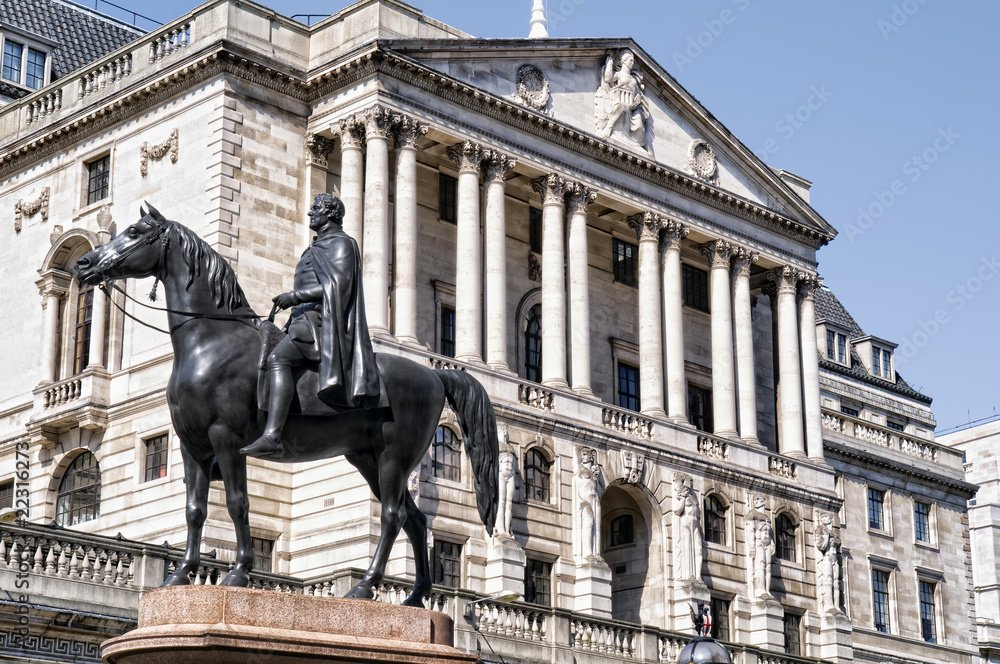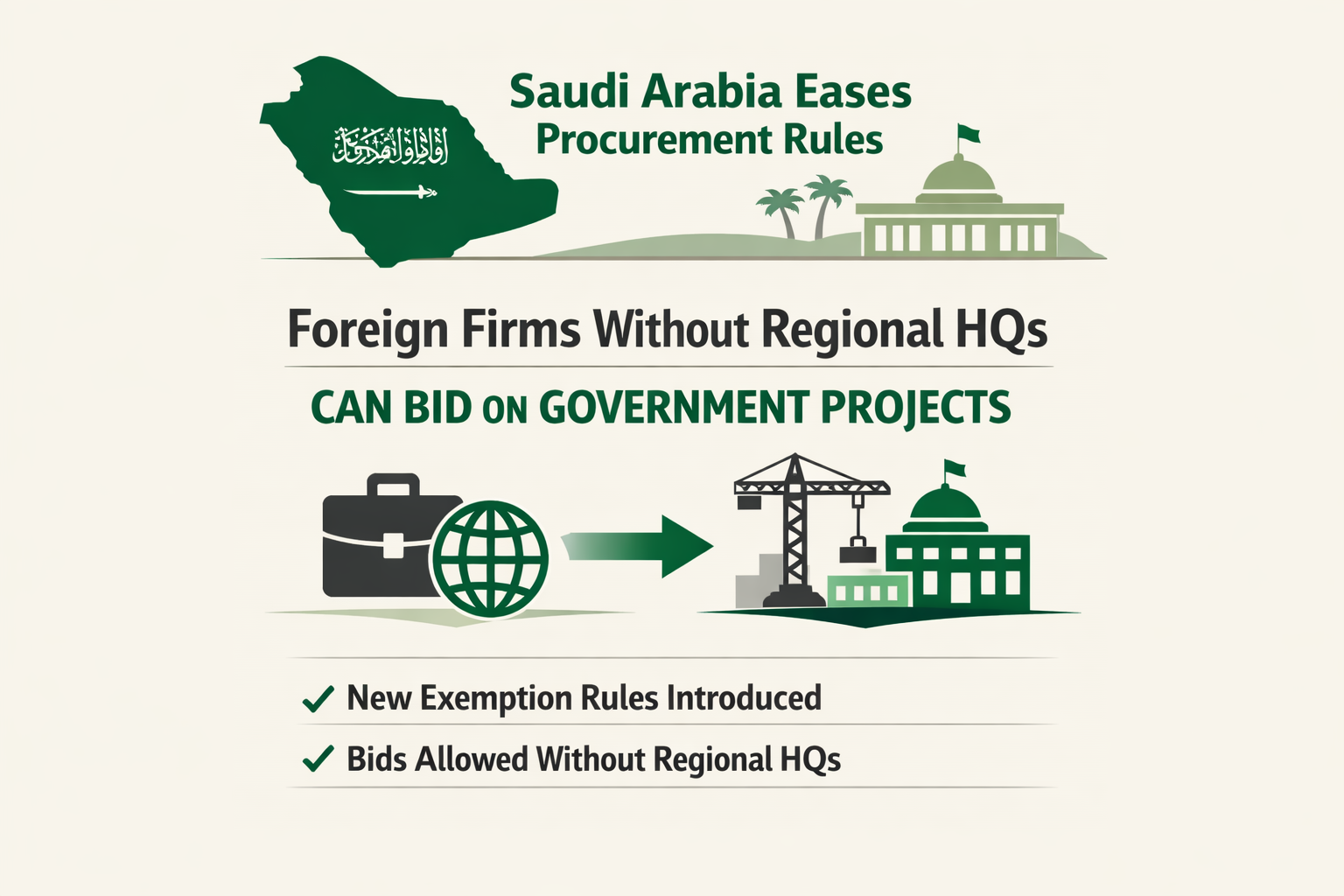Bankers in the UK will get their bonuses faster under new reforms by the Bank of England’s Prudential Regulation Authority (PRA), which on Wednesday announced a major loosening of rules imposed after the 2008 financial crisis.
The PRA said it will cut the deferral period for senior bankers’ bonuses from eight years to four, halving the time executives must wait to receive their full payouts.
The change, which takes effect on Thursday, goes further than an earlier proposal that had suggested a five-year deferral.
The new rules will apply to the next round of bonuses awarded in early 2026 and will also reduce the number of UK bankers subject to deferral.
The reform brings the UK closer to practices in the United States and other global financial hubs, and follows the UK’s 2023 decision to scrap the EU-imposed cap on bankers’ bonuses.
“This is about cutting red tape without returning to the reckless pay structures that contributed to the 2008 crisis,” said Sam Woods, head of the PRA. “These changes are the latest example of our commitment to boosting UK competitiveness.”
The regulator said the shortened waiting time reflects industry feedback, adding that bankers will now be eligible to receive part of their bonuses within a year, instead of waiting three, and can earn dividends on share-based bonuses while they’re deferred.
The Financial Conduct Authority (FCA), which jointly regulates banks with the PRA, is also streamlining its rulebook by removing about 70% of its pay-related regulations to eliminate duplication.
The move is widely seen as a signal of the UK’s post-Brexit regulatory independence, allowing London to tweak rules once dictated by Brussels and make itself more attractive to financial firms.
Beyond deregulation, the BoE hopes the reforms will rebalance executive pay structures, encouraging performance-based incentives rather than inflated fixed salaries, a trend that grew after the EU bonus cap.
Regulators argue that flexible pay tied to performance can be more easily reduced when firms underperform or misconduct occurs.
The overhaul underscores the BoE’s balancing act: maintaining global competitiveness while avoiding a return to the risk-taking culture that once shook the world’s financial system.


























